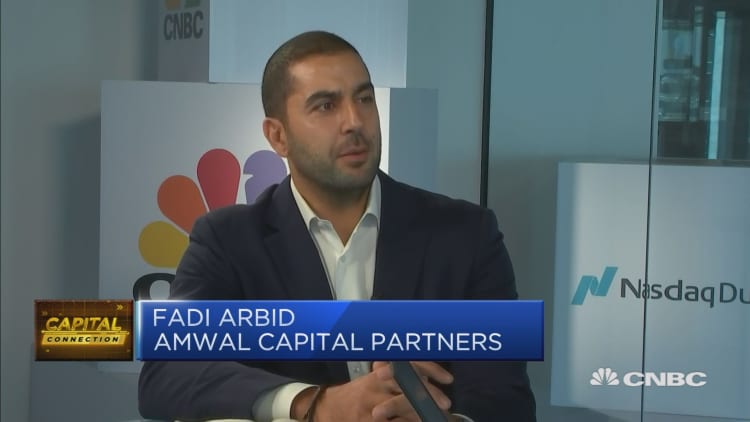Despite falling oil prices, Saudi Arabia will continue paying its citizens cost-of-living allowances, the country's King Salman announced during the unveiling of its 2019 budget on Tuesday.
The budget will boost spending even as Saudi Arabia endeavors to close its budget deficit, indicating Riyadh's priority to spur growth in an economy hurt by lower oil prices. State spending will increase by more than 7 percent next year to 1.106 trillion riyals ($295 billion) from 1.030 trillion riyals, in line with a September pre-budget statement, according to the country's finance ministry.
Analysts believe the continued cost-of-living allowances, first established in January 2018 and estimated by officials to cost more than $13 billion, are intended to stimulate sluggish growth and shore up support for the royal family and Crown Prince Mohammed bin Salman after a controversy-ridden few months.
The royal allowances of 1,000 riyals a month ($266) are paid to civil servants and military personnel, and other allowances will continue for pensioners and those living on social security. Riyadh will also increase student benefits by 10 percent for the next fiscal year, the king announced.
The International Monetary Fund previously forecast the country's budget deficit to shrink to less than 2 percent of gross domestic product (GDP) next year in the event that the allowances were scrapped. The budget deficit for 2019 will now be 4.2 percent of GDP, according to the government's statement Tuesday.

Headwinds for Saudi businesses
Saudi Arabia's economy shrank for the first time in nearly a decade last year as headwinds batter its private sector. Businesses have struggled to deal with higher electricity and fuel prices and a 5 percent value-added tax (VAT) introduced at the start of the year. Unemployment, hovering just over 12 percent as of last summer, is at its highest level in a decade.
And new quotas and fees on foreign workers have triggered an exodus of more than 900,000 expatriates from the country in the last two years. This caused the labor market to contract, leaving gaps that the local population, lacking vital skills and training, cannot yet fill, analysts and executives say.
Saudi officials have said they are now reconsidering the fees on foreign labor, which charge private businesses between $80 and $107 monthly for each foreign worker they hire.
A pre-budget statement in September committed to both increasing domestic energy prices and boosting spending by more than 7 percent in 2019 to help stem unemployment and support growth. But that was during a time of bullish forecasts for oil prices, which have now fallen 30 percent in the last three months. And despite an OPEC production cut decision of 1.2 million barrels by January, prices are set to remain under pressure, thanks to slowing global demand and booming shale production in the U.S.
As long as oil prices remain at their current lows, stimulating growth will be the immediate priority, said Jean-Paul Pigat, Dubai-based head of research at consultancy Lighthouse Research and a former economist at Emirates NBD.
"Weak growth and high unemployment are the priorities today," Pigat told CNBC. "Sure it will increase the budget deficit, but that is a concern that can be addressed many years from now."


